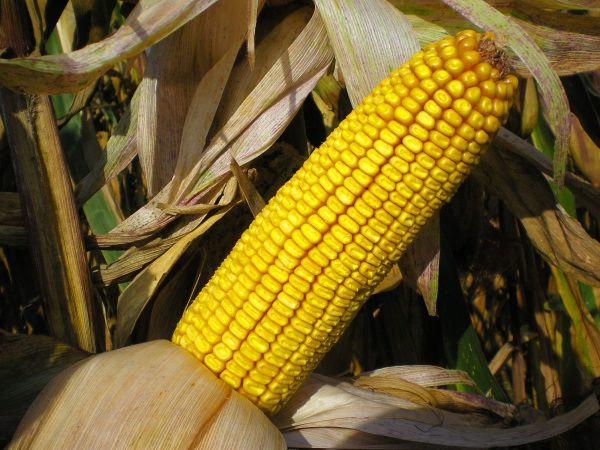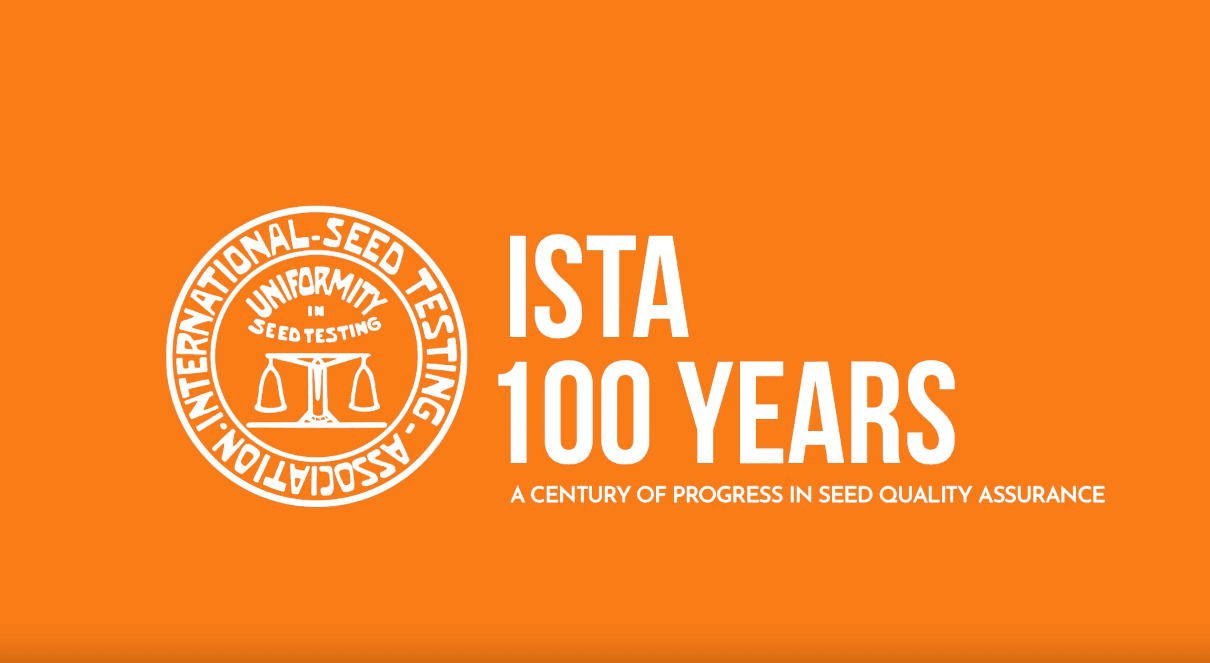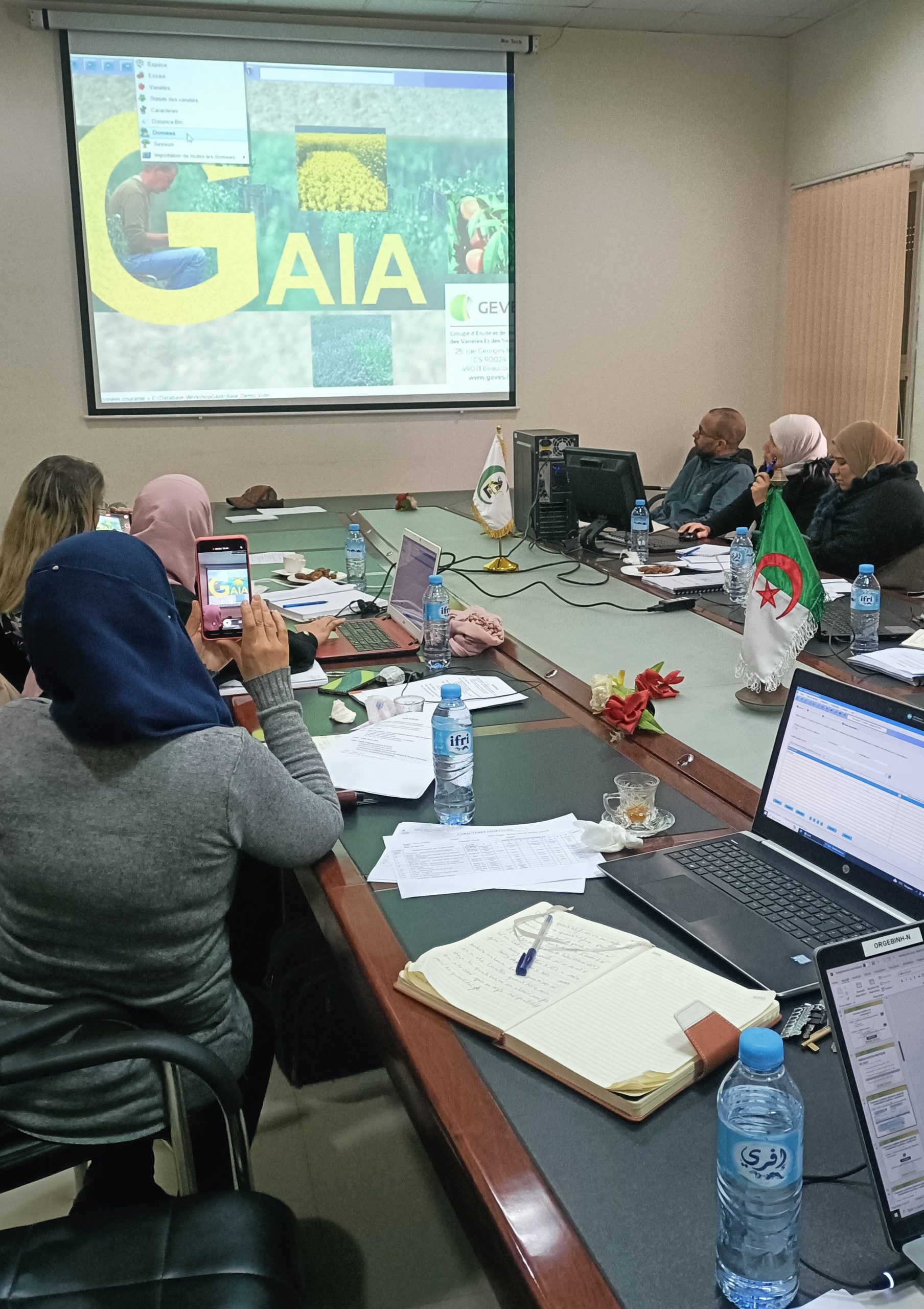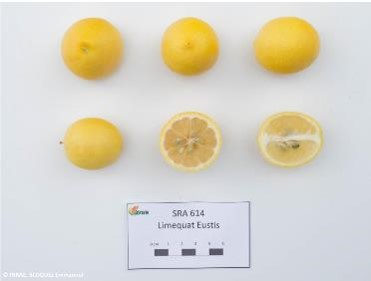
Eligibility rules for Maize VCUS: two major developments
On October 9, the CTPS Maize and Sorghum Section validated major changes in the VCUS evaluation rules for maize varieties. The new system proposed for evaluating the performance of new maize varieties has evolved to meet the needs of the French market.
The new maize VCUS eligibility rules are based on the following 4 principles:
- A level of performance required for new varieties that reflects the reality of farming in France for all early maturity areas and characteristics studied.
- An objective of genetic progress applied to the level of performance required each year for each new generation of varieties tested. The progress objective was defined for each of the characteristics studied and adapted to each of the early areas. It was determined on the basis of genetic progress observed over the last 15 years. The progress objective will be defined for a period of 3 years but will be adapted according to the real genetic progress and will allow the rules to be quickly adjusted.
- A group of varieties that will serve as a performance control and will be used to adjust the year’s results to the required level of performance.
- A statistical analysis that validates the results of new varieties with a performance level that is significantly higher than the comparison value. This statistical approach values the new varieties that show stable results between experimental sites.
The characters studied will be:
- Grain yield and stalk strength index for grain maize.
- Dry matter yield, MFU content and stalk strength index for forage maize.
These new rules for the assessment of VCUS performance of maize varieties also offer the following advantages:
- Avoiding difficulties in choosing control varieties (introducing a control variety that is much more efficient than the average of the cultivated varieties generates a “stepping effect” that is difficult to control)
- Making the level to be achieved for new varieties more visible to applicants in the long term by providing the progress objective.
- Providing access to the French catalogue for maize varieties for all early maturity and use ranges.
In addition, the Maize and Sorghum Section of the CTPS supported the use of additional data provided by applicants to confirm the performance of new varieties. The aim is to improve knowledge of varieties by optimising the information collected by variety testing stakeholders and to reduce the registration period.
To this end, after a verification and validation phase by GEVES, additional data provided by the applicant will confirm the statistical accuracy of the results for the most efficient new varieties obtained in the CTPS testing network. The best varieties will have the option of registration after only one year of testing by the CTPS.
Adjustments will continue over the winter.
The new maize VCUS eligibility rules will be submitted for final approval to the section on 16 January 2020, and will therefore be effective for maize applications submitted in February 2020.





